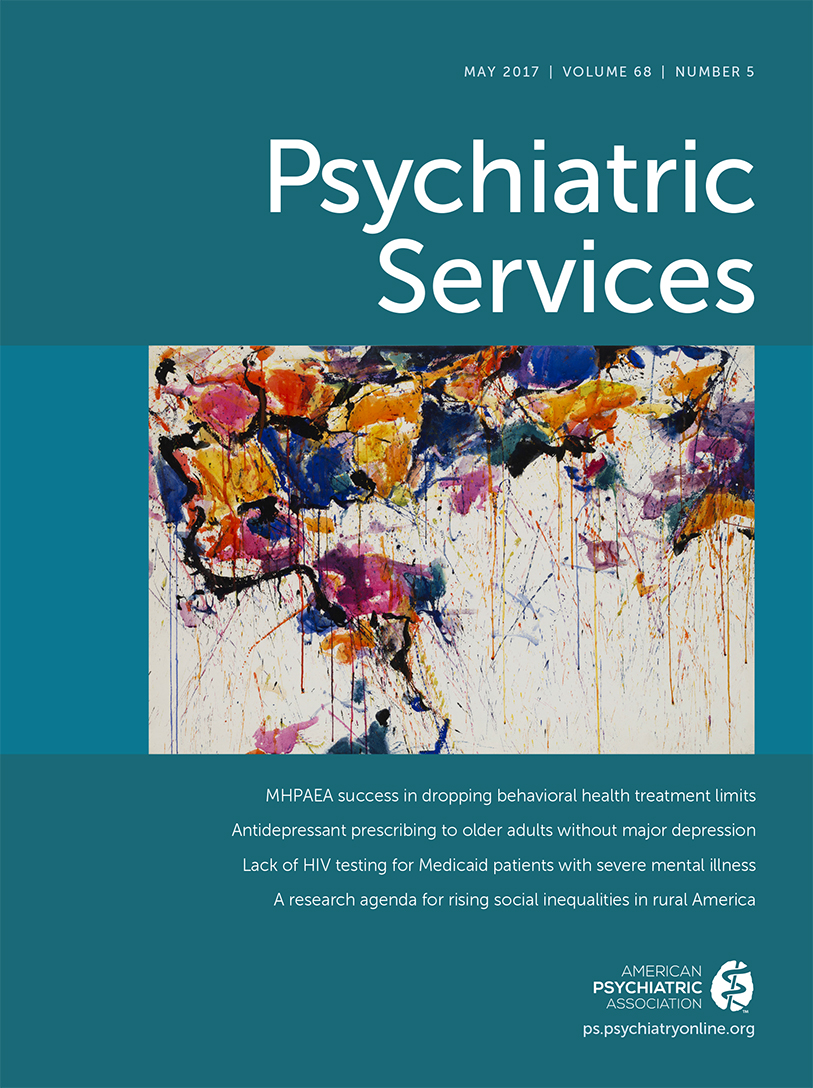Increased Treatment Complexity for Major Depressive Disorder for Inpatients With Comorbid Personality Disorder
Abstract
Objective:
The study examined inpatient treatment for major depressive disorder (MDD) when it is complicated by comorbid personality disorder.
Methods:
In this descriptive analysis of a large data sample from 2013 (German VIPP data set) of 58,913 cases from 75 hospitals, three groups were compared: patients with MDD, patients with MDD and a comorbid personality disorder, and patients with a main diagnosis of personality disorder.
Results:
Compared with MDD patients, those with comorbid personality disorder had higher rates of recurrent depression and nearly twice as many readmissions within one year, despite longer mean length of stay. Records of patients with comorbidities more often indicated accounting codes for “complex diagnostic procedures,” “crisis intervention,” and “constant observation.” Patients with comorbid disorders differed from patients with a main diagnosis of personality disorder in treatment indicator characteristics and distribution of personality disorder diagnoses.
Conclusions:
Personality disorder comorbidity made MDD treatment more complex, and recurrence of MDD episodes and hospital readmission occurred more often than if patients had a sole MDD diagnosis.



